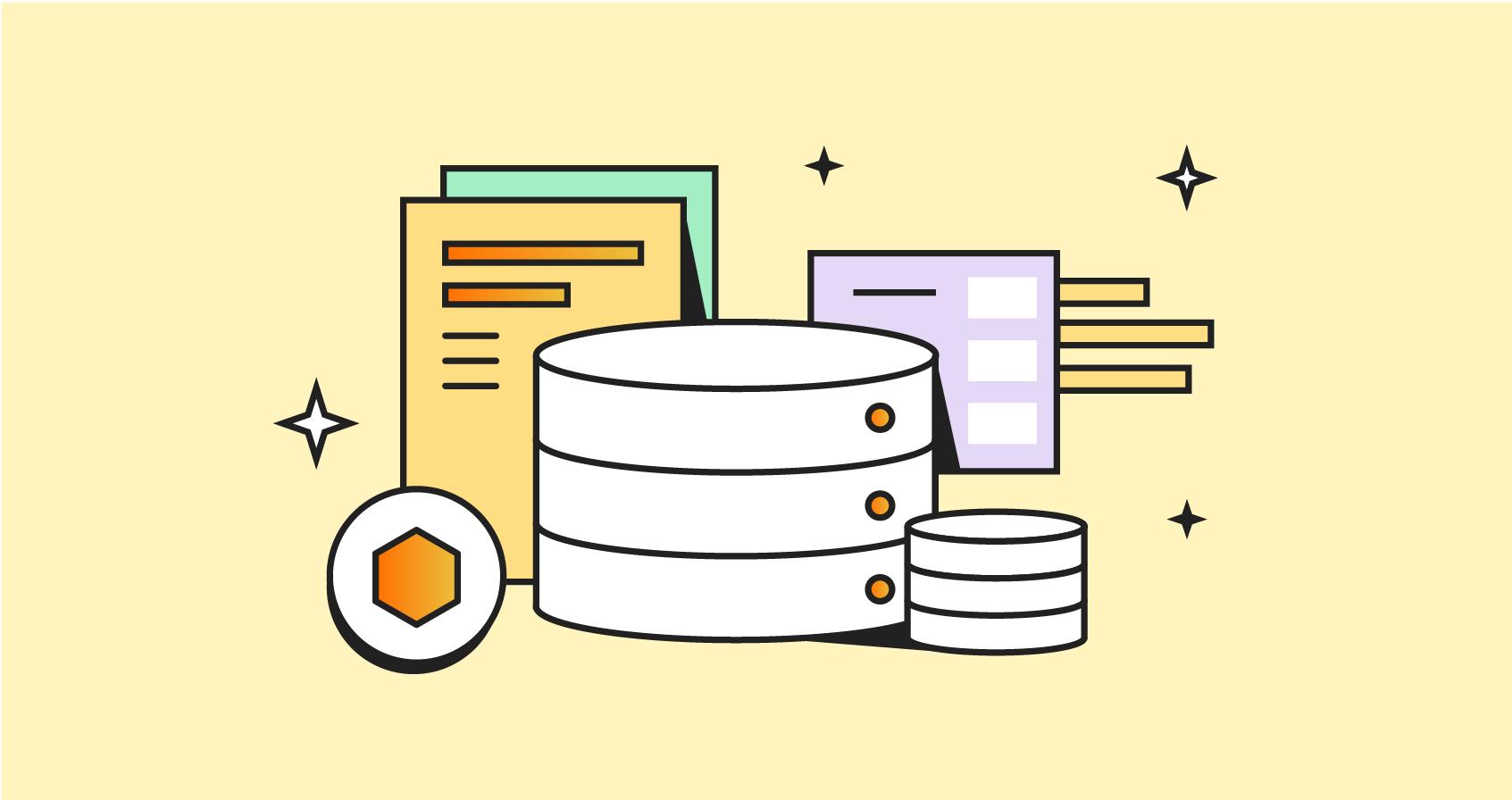These top database APIs make working with data easy
Have you ever wanted to create an application that interacts with a database, but you didn’t know where to start? We’ve got you covered with the launch of Postman’s brand-new Database APIs category in the Public API Network.
Whether you’re looking to build a website, mobile app, or desktop application, database APIs are an essential tool for anyone looking to work with data. But why should you care about this new list of database APIs? For starters, these can make your life a whole lot easier—instead of manually writing queries to retrieve data from a database, you can use a database API to do the heavy lifting for you. Plus, many popular databases like MySQL and MongoDB have their own APIs, so you can work with the database of your choice.
- MongoDB Data API enables developers to integrate MongoDB data with web, mobile, and IoT applications through standard HTTP methods, supporting CRUD operations, transactions, and aggregation pipelines. It also provides features like request validation and rate limiting for enhanced security.
- Notion API allows developers to programmatically read, write, and update data in Notion databases, which can be used to build custom integrations with other tools and services. The Notion workspace is a powerful and flexible way to work with data in Notion and automate workflows.
- Stargate-Cassandra, provided by DataStax, enables developers to interact with the user’s keyspace database using standard HTTP methods. It supports CRUD operations and can be integrated with any programming language or tool that can make HTTP requests.
- HarperDB API allows developers to interact with the HarperDB database through various protocols including REST, GraphQL, and SQL. It provides easy integration with various programming languages and supports real-time data streaming, security, and scalability.
So whether you’re a seasoned developer looking to up your database game or a newcomer to the world of databases, our freshly curated list of database APIs has something for everyone. You can get started easily right now by forking any or all of these popular APIs to your own workspace.

What do you think about this topic? Tell us in a comment below.